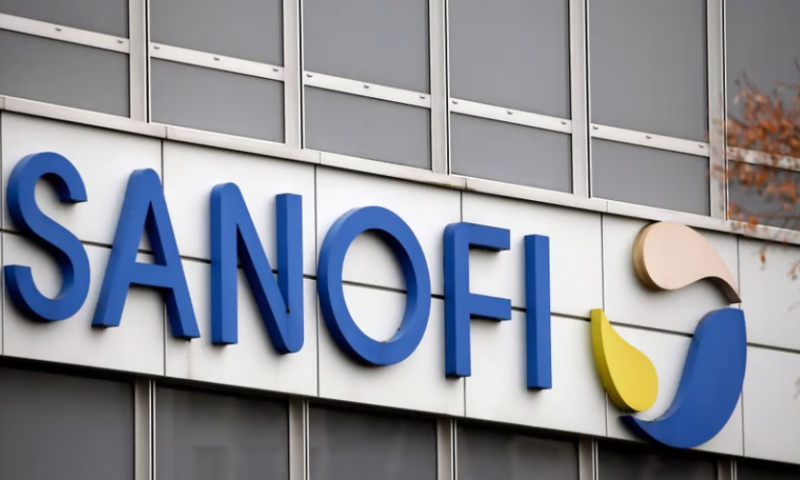Sanofi has continued the breakneck pace of dealmaking activity, paying $150 million upfront to make IGM Biosciences the third partner added in a hectic month for its business development team.
The deal sees Sanofi hand over the upfront fee, commit to milestones that could exceed $6 billion and express an interest in buying up to $100 million in IGM stock. In return, Sanofi has secured a stake in six IGM antibodies, three against oncology targets and three against immunology and inflammation targets.
IGM is focused on the IgM antibodies from which it takes its name. The IgG antibodies that dominate the biologics industry have two binding units. IgM antibodies, in contrast, have ten binding units. IGM thinks the additional units will enable its antibodies to bind to more targets and have more binding power.
John Reed, M.D., Ph.D., global head of R&D at Sanofi, is among the people to see promise in the technology, leading him to oversee a deal that could give the French pharma a broad pipeline of IgM antibodies spanning a range of therapeutic areas.
“The IGM Biosciences technology platform offers an exciting approach to developing high-avidity IgM antibodies that can efficiently bind and stimulate the activity of cell surface receptors. This unique platform has the potential to overcome historical limitations of conventional IgG antibodies when seeking agonists of some classes of receptors,” Reed said in a statement.
IGM will lead and fund R&D related to the three oncology targets through the first approval in the U.S. or the EU, with Sanofi’s contribution limited to up to $940 million in development and regulatory milestones per oncology target. Once a drug is approved, Sanofi will lead all subsequent development and commercialization activities and split profits evenly with IGM in some major markets.
Sanofi has agreed to a different structure for the immunology and inflammation targets. IGM will lead and fund R&D up to the completion of phase 1 for up to two constructs against each target. At that point, Sanofi will take over and fund further development. IGM could receive more than $1 billion in development, regulatory and commercial milestones per target plus tiered high single-digit to low-teen royalties.
The deal comes months after investors took a big chunk out of IGM’s share price in response to the data it shared on its lead candidate IGM-2323. The CD20xCD3 bispecific T-cell engager posted a 21% complete response rate in non-Hodgkin’s lymphoma. In a phase 1 trial that gave doses of up to 1,000 mg, the best complete response rate, 50%, was seen in the 10 participants who received 100 mg.
With Regeneron and Roche targeting the same opportunity, and reporting high complete response rates, the data called into question whether IGM can compete in the CD20xCD3 space. More broadly, the data raised doubts about whether IgM antibodies can live up to their billing as an improvement over the far more widely used IgG antibodies.
Sanofi’s vote of confidence in IgM antibodies caps off a busy March for the company. Having begun the month by striking a $17 million upfront deal with Adagene, Sanofi teamed up with Seagen to work on up to three antibody-drug conjugates two weeks later. The flurry of deals comes just months after Sanofi inked a deal to buy Amunix Pharmaceuticals and partnered with ABL Bio.

